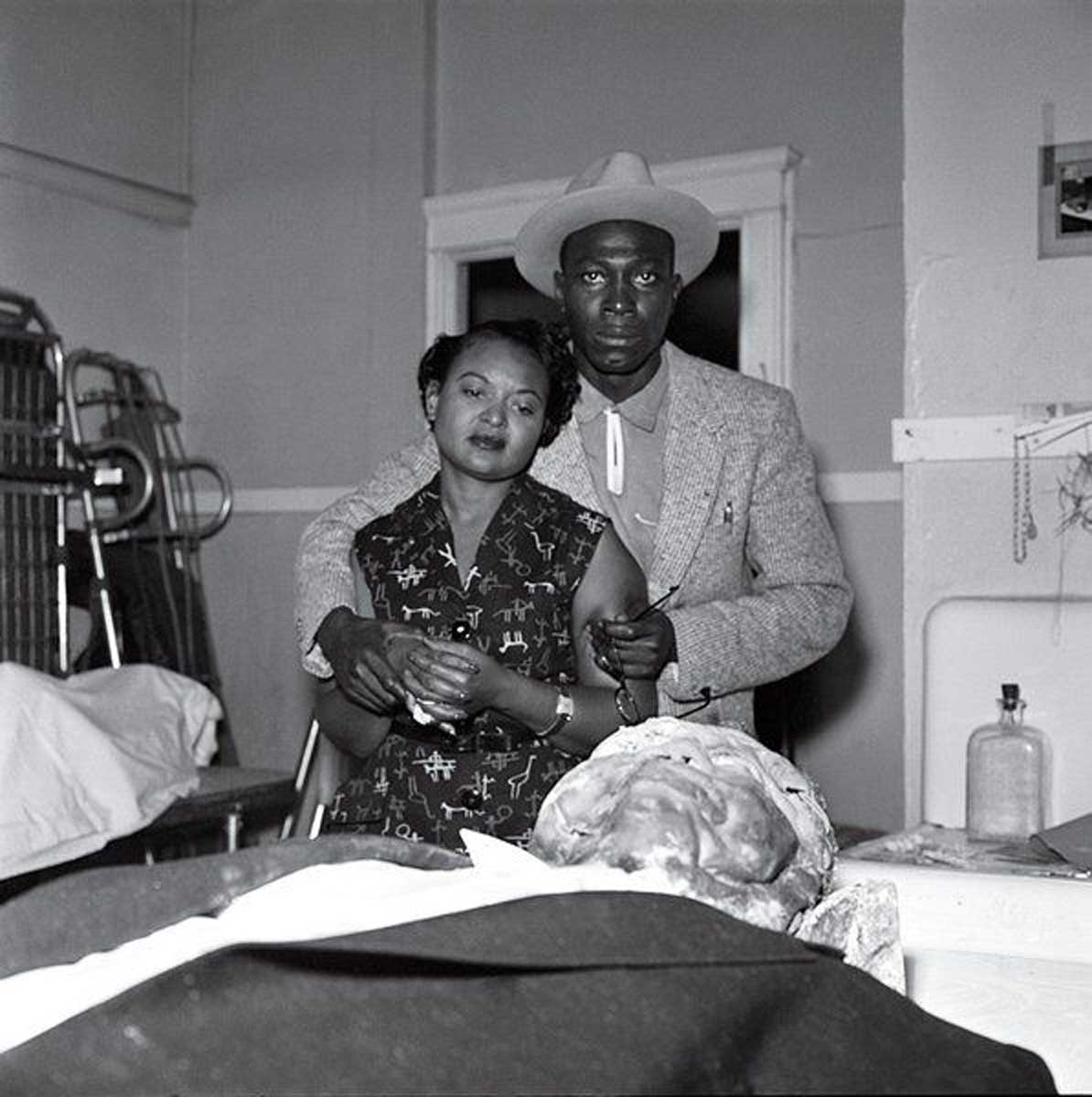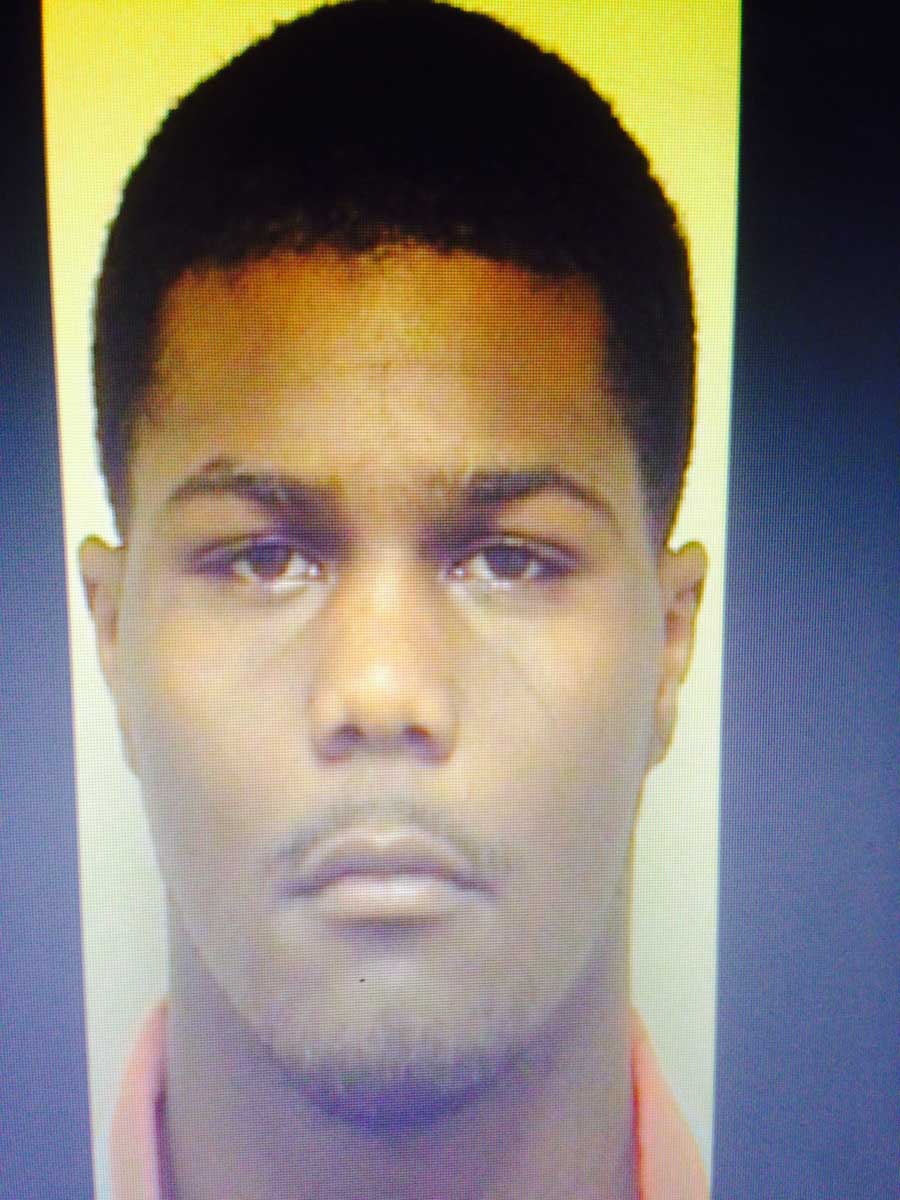WAITING FOR JUSTICE
Published 4:17 pm Saturday, August 5, 2017

- WAITING FOR JUSTICE: Activist wants speedy trials for Lauderdale County defendants
A backlog of criminal cases in Lauderdale County has drawn the attention of a Memphis civil rights group that says defendants spend too long waiting for indictments, a violation of their Sixth Amendment right to a fair and speedy trial.
Wendol Lee, the president of Operation Help Civil Rights Group, visited Lauderdale County recently to meet with families of defendants and discuss the issue with county residents. Lee has voiced his opinions about criminal justice in frequent interviews with media and videos posted on his YouTube channel, WendolLeeOHCRG.
Lee said he has worked with Walter Atkinson with the Department of Justice in Atlanta and has reported other civil rights violations to the department. He said he was considering reporting his findings on Lauderdale County.
Lee said there are four defendants in the Lauderdale County Detention Facility whose cases have moved slowly or not at all. Three face charges for murder and the fourth faces charges for aggravated assault and armed robbery.
“These are serious charges,” Lee said, adding that each defendant has evidence against them. “But their civil rights have been violated because they’re sitting there not doing anything.”
Speeding Up The Process
Bilbo Mitchell, the district attorney for the 10th Circuit District, which includes Lauderdale County, acknowledges delays have been a problem in the past but seems hopeful that new rules will speed up the process.
“That’s always been a problem in that we can’t present a case to the grand jury until an investigation is complete,” Mitchell said.
When Mitchell started in 1988, Lauderdale County had only two grand juries a year, or two chances for cases presented to result in an indictment. Now, the grand jury meets six times a year, Mitchell said. The three other counties in the district – Wayne, Clarke and Kemper –have fewer cases and meet only twice a year.
Mitchell said other rules had come from the state legislature, attempting to curb the delays. These rules dictate that judges should release defendants on their own recognizance – or without a bond – when possible, or set the lowest bond amount, allowing the person to pay a minimal bond to be free. The rules also say an attorney should be appointed at the initial appearance.
For non-bondable offenses, such as capital murder, however, those rules for release don’t apply. Someone charged with capital murder could wait years before a trial – even after the investigation is complete.
Mitchell said he doesn’t receive the case until the investigation is complete, then he presents the case to the next available grand jury. Once indicted, the case has 270 days to go to trial.
Lee, however, said there are four defendants who have spent at least a year in the Lauderdale County Detention Facility with little or no action in their cases. Those defendants, Lee said, are:
- Laquanda Shonta Pierce, arrested in March of 2015, hasn’t been indicted. Pierce faces an arson charge and a murder charge.
- Danny R. McDonald, arrested in May of 2015, hasn’t been indicted. Police charged McDonald with armed robbery and capital murder.
- Marquez Green, arrested in April of 2016, hasn’t been indicted. Green faces a murder charge and a possession of a stolen firearm charge.
- JaQuarius D. Nelson, arrested in May of 2016, hasn’t been indicted. Police charged Nelson with aggravated assault and armed robbery.
The Meridian Police Department said that all four of those cases are ready to be presented to a grand jury. The case of Green, the most recent murder investigation, has been ready to present since December of 2016, police said.
“We have a murder case from 2014 that hasn’t been presented,” Meridian Police Chief Benny Dubose said. “I don’t know the procedure or how they prioritize cases, but some take longer than others.”
Dubose said that cases don’t typically take longer than a year from the time of the arrest to prepare for presentation to a grand jury.
“It reflects on us because people might think we’re dragging our feet,” Dubose said.
Dubose said he didn’t blame the district attorney’s office, because the office, and the two circuit judges, cover four counties. When cases are delayed, however, that could help defendants at the cost of victims and their families, he said.
“Sometimes investigators aren’t here anymore when they present (the case),” Dubose said. “But you still have the grieving families. In some cases, they might not get the justice they feel they deserve.”
The district attorney’s office said it would check on the cases of the four on Monday but hadn’t responded by Thursday. The interview with Mitchell occurred before Lee distributed the four names.
Delays Make Jail Numbers Swell
Lee said he believed the problem could be alleviated by adding more judges to the court district.
“There’s no doubt we could use more judges,” Mitchell agreed. “However, that comes from the legislature.”
Lee said the delay and jail crowding could be because of the judge shortage, problems he said Operation Help resolved in Jackson County, where jail crowding left one inmate dead.
“They elected new judges and they were successful,” Lee said. “We’re going to try to put some qualified lawyers in office to ease the burden of those two judges.”
Previous reports from the Lauderdale County Sheriff’s Department to the Lauderdale County Board of Supervisors at work sessions noted the detention facility being crowded, usually near its 280 inmate capacity.
As of Thursday, the jail had 253 inmates.
At the county level, jails are designed to hold defendants for the period between arrest, or indictment if released, until a trial. If a jury finds a defendant guilty, the person is then incarcerated in a state prison. Ideally, jails hold defendants for a short period, while prisons hold defendants for longer periods of time.
But with the delays in indictments, the numbers in jails swell.
“Hopefully the rules will relieve the pressure on Sheriff (Billy) Sollie,” Mitchell said.
Lee dismissed concerns that his work could potentially get guilty defendants out of jail.
“They benefit only by going to prison more quickly,” Lee said. “We’re more concerned about the innocent than the guilty.”
Lee said he’d previously spoken to Mitchell and praised his efforts with the drug court to reduce the jail’s population.
“I have sat down in front of the district attorney,” Lee said. “He doesn’t want that jail crowded either.”
Specifically, Lee said he worried about those who might be innocent. He argued that an innocent person might plead guilty and accept a plea deal after being held in jail for a prolonged period of time.
“If they’re held in there they might plead guilty even when they are not guilty,” Lee said. “We want this to stop.”
“I read every case that comes into this office,” Mitchell said, saying that he could dismiss cases if he believed a defendant was innocent. “I have never feared people pleading guilty if they’re not guilty.”
“He’s just sitting there”
In the case of JaQuarius Nelson, his mother, Elizabeth Nelson, said she believed her son wasn’t involved in his alleged crimes but that police weren’t interested in the written statements from several people that she provided.
In the 13 months he’s been in the Lauderdale County Detention Facility, Elizabeth Nelson said her 20-year-old son hasn’t seen a judge and has only met a lawyer in the last month.
“He’s never been through something like this. He’s just sitting there,” Elizabeth Nelson said. “He lost a place to stay and lost a job because of this. When he’s released we’ve got to find him a new place to stay and a job.”
Elizabeth Nelson also said that the family wanted to move back home to Georgia but that her son’s case kept them in Meridian.
“We plan to leave and go back to Georgia,” Elizabeth Nelson said. “In Georgia, he was in the process of starting a program to help him finish his GED and get into college. Now he has to start over.”
Lee suggested that families of inmates concerned about their lengthy incarceration should call him at (870) 514-7060.





